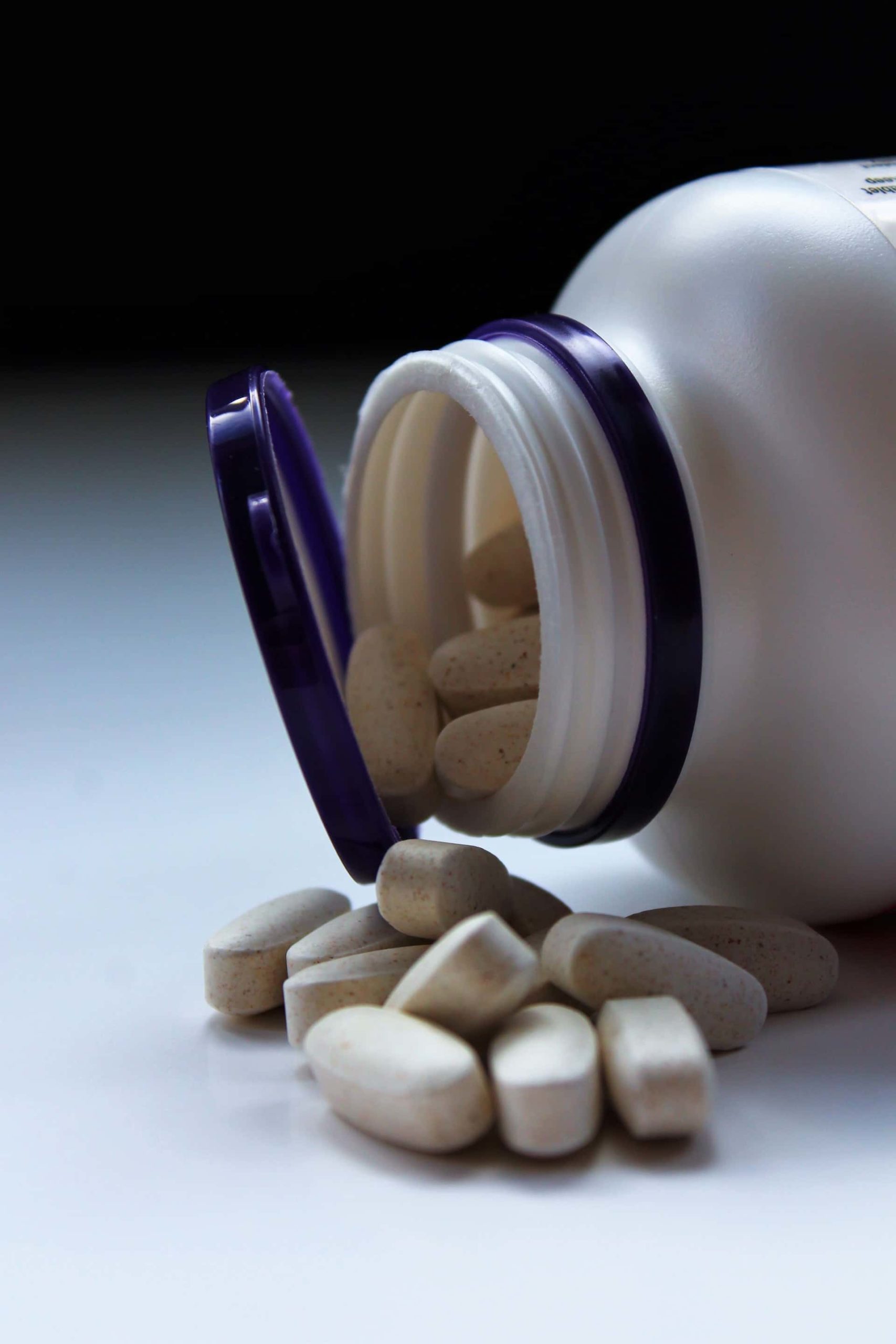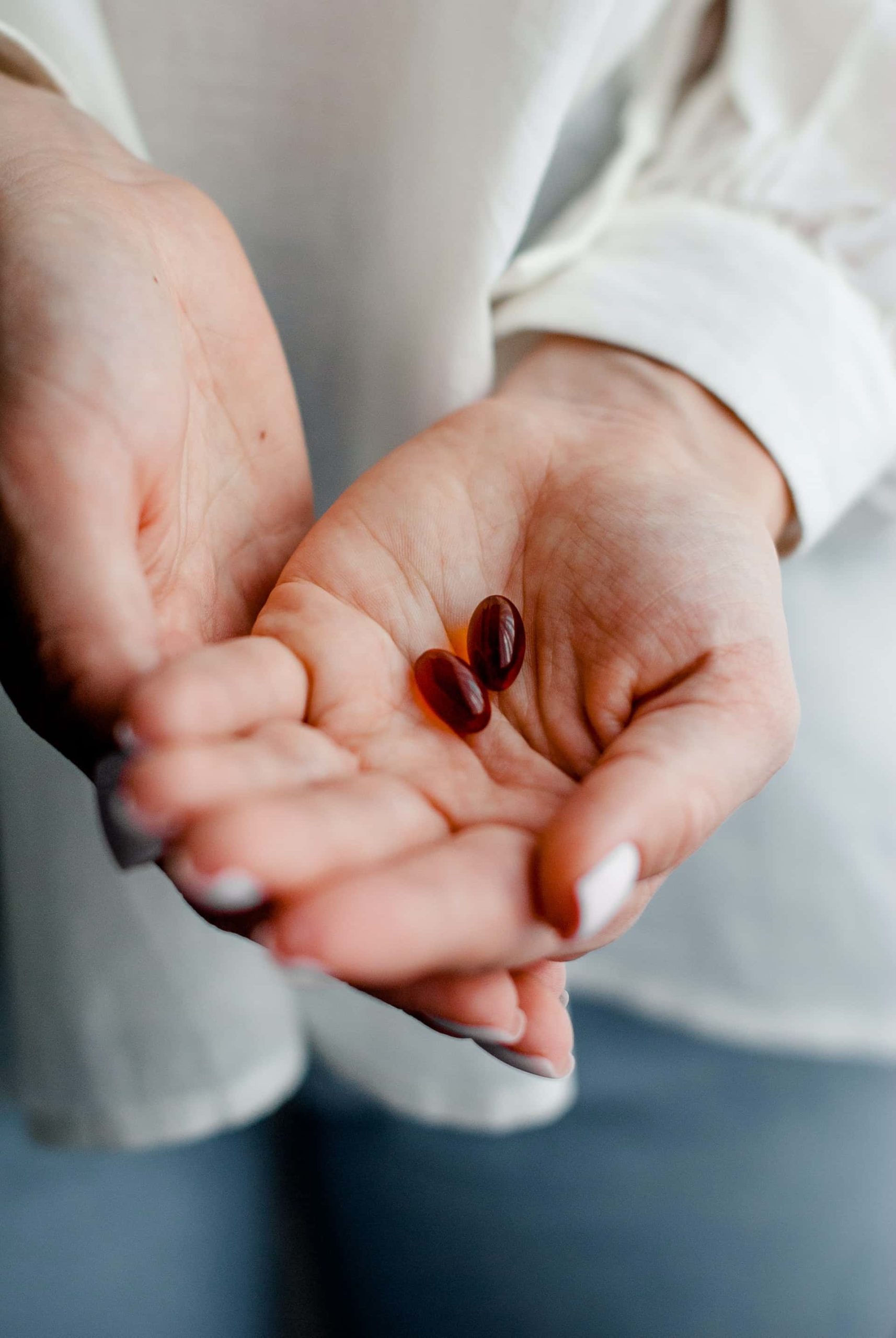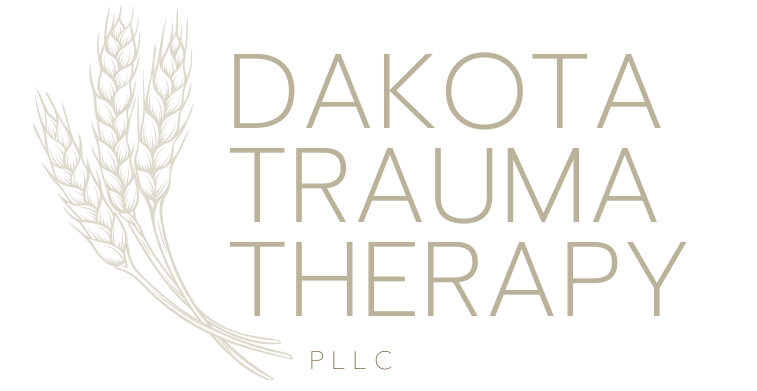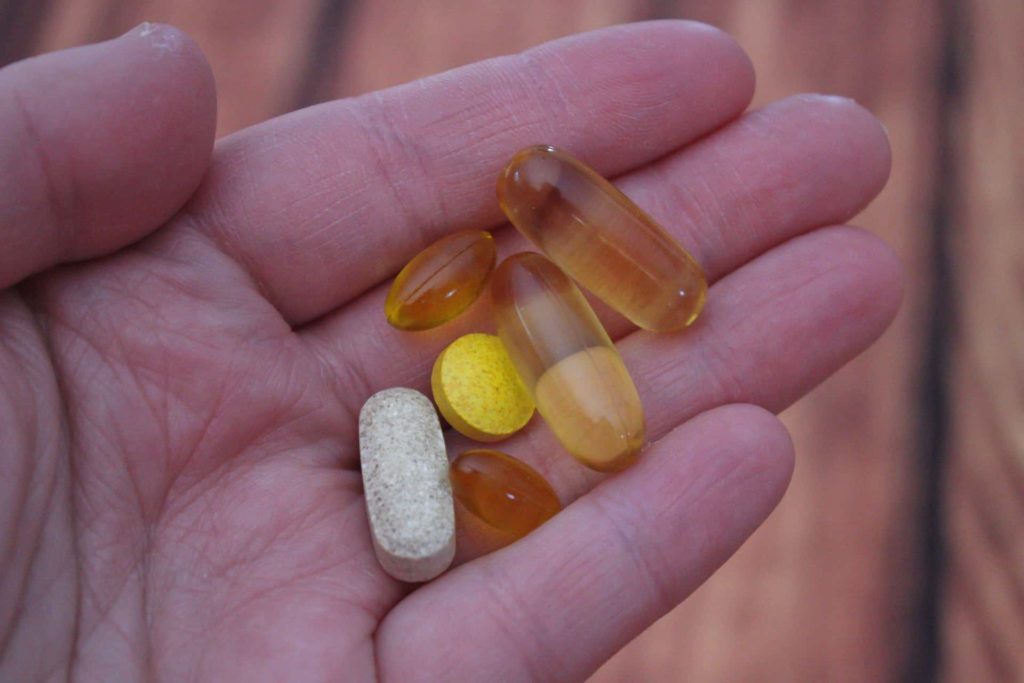Our body systems put out a tremendous effort to break down and utilize the nutrients consumed by the food. We get the energy we need to survive from these vitamins, minerals, and other nutritional elements, including fats, sugars, and carbs. They assist our brain in focusing, recalling, and processing emotions and other processes crucial for maintaining physical health.
Anxiety is one of the many mental conditions resulting from a diet lacking specific vitamins. Nonetheless, anxiety is a regular aspect of life and can be helpful sometimes. However, it is time to seek treatment if you constantly suffer bouts of anxiety that prevent you from functioning normally and might lead to high-functioning anxiety or any other anxiety disorder. (1)
There are several coping skills for anxiety that you may employ to get relief from the symptoms of anxiety. Sometimes, using fidget toys or herbs for anxiety is also recommended. Moreover, you can also consider psychotherapy like CBT and medications, including antidepressants and antianxiety pills. Amidst these options, supplementations and vitamins for anxiety are also worth considering.
Numerous studies have demonstrated a connection between vitamin deficiencies and problems with cognition and emotion. These findings imply that specific vitamins may help treat anxiety and moderate symptoms of mood disorders in addition to their positive effects on physical health. (2)
This blog will cover the significance of vitamins for our mental health and how they might relieve stress and anxiety. Moreover, we will also talk about the best vitamin options to consider, so let’s start.
How do vitamins help with anxiety?
Vitamins produce crucial chemicals for mental health, including those directly linked to anxiety. Simply put, a person’s mental health depends partly on their body producing critical molecules such as neurotransmitters like serotonin, dopamine, and norepinephrine. Additionally, it depends on how waste and pollutants are minimized or eliminated. (3)
All these crucial metabolic processes in our body require vital cofactor vitamins. Without vitamins, these processes decelerate or even halt. The neurotransmitters that help us feel calm and peaceful may not be created without essential vitamins, or impurities and toxic byproducts that need to be expelled may start building up. We may experience anxiety or other imbalances as a consequence. Therefore, a sufficient intake of vitamins ensures that these processes proceed without interruption.
How long do vitamins take to work for anxiety?
While full effects may not manifest for weeks, you can notice the benefits of vitamins as soon as a few hours after administration. (4) You can feel the benefits of vitamins relatively fast. As they are reintegrated into various systems from which they were absent or inadequate, their advantages can occasionally be felt on certain levels within hours of consumption.
But it is more challenging to estimate their full effects and when their benefits will be maximum. The duration and severity of the insufficiency in each person and other dietary parameters all play a role in determining. Your body adjusts to every condition, favorable or unfavorable. Sometimes it takes a while to readjust to more beneficent circumstances. Depending on your particular situation, it could take hours, days, or even weeks to notice the full effects.

What are the best vitamins for anxiety?
Vitamins hold great significance in maintaining mental well-being. Your mental health may suffer if you do not get enough vitamins and minerals. It is crucial to understand the types of vitamins associated with mental health and how they impact the brain.
Suppose you are contemplating how to control anxiety with vitamins. In that case, some of the best vitamins for anxiety include water-soluble vitamins, which the body quickly breaks down, and fat-soluble vitamins, which flow in circulation and are stored by the body when they are not functioning. (5) These two kinds can both help with anxiety. Find out the sources of each vitamin and their benefits more closely.
Vitamin D
Although the exact mechanism by which anxiety and depression are caused by vitamin D deficiency is unknown, there is a link between low vitamin D levels and greater incidences of anxiety and other mental illnesses. (6) In review research published in 2015, it was shown that individuals with anxiety or depressive symptoms occasionally also had lower levels of calcidiol, a substance produced by the body’s breakdown of vitamin D. (7)
Like other nutrients, vitamin D can be challenging to obtain solely through diet. Given that few plant foods contain vitamin D, taking a vitamin D supplement may be preferable if you discover that you need more rather than depending on the food or drink to obtain your daily intake. But aside from taking supplements, increasing vitamin D levels may be achieved by getting more sun, eating fatty seafood like salmon and mackerel, and increasing sunlight exposure. (8)
Vitamin C
You could experience exhaustion or depression due to a vitamin C deficiency. According to research, cognitive and motor dysfunction might emerge from vitamin C deficiency. (9). These studies also suggest that vitamin C supplementation may help treat anxiety and major depressive disorder (MDD), among other mental health issues.
Vitamin C is considered one of the healthiest for anxiety because, as an antioxidant, research indicates that it may help alleviate anxiety by preserving the homeostasis of your neurological system. (10) Additionally, long-term anxiety raises cortisol levels, a stress hormone associated with an increased risk of diabetes and many other illnesses. Your body can better regulate its cortisol levels with the aid of vitamin C. (11)
Vitamin C is mainly obtained through citrus fruits, tomatoes, and potatoes. Peppers, kiwi, broccoli, strawberries, Brussels sprouts, and cantaloupe are other healthy dietary options. Additionally, taking supplements might help you make up for the deficit.
Vitamin E
Vitamin E is an antioxidant that reduces free radicals in the body. Oxidative stress results from excessive free radicals and is associated with anxiety and depressive illnesses. The body consumes a lot of vitamin E during periods of anxiety and depression.
Vitamin E deficiency may result in more severe anxiety symptoms. According to research, antioxidant-rich vitamin E may assist in restoring emotional equilibrium and treating generalized anxiety disorder (GAD) signs. (12)
Fat-containing foods are the principal sources of vitamin E. Nuts, seeds, avocados, vegetable oils, and wheat germ are a few examples. Vitamin E may also be found in fish and several types of dark leafy green vegetables.
Vitamin A
Vitamin A is a vital antioxidant that supports the neurological system and encourages appropriate muscular relaxation and function. The nervous system, as a result, aids in calming anxiety and tension in the body and brain and lessens the likelihood of a panic attack, making it a crucial vitamin for anxiety. (13)
According to research, those who experience panic attacks and generalized anxiety disorder can benefit from adequate amounts of the fatty acids present in vitamin A. In scientific investigations, vitamin A has also been found to correlate negatively with anxiety symptoms in perimenopausal women. (14) Another research made the same claim, suggesting that vitamin A and other carotenoids may help reduce the likelihood of depressive symptoms.
The signs of a deficit should be avoided if your diet contains enough vitamin A. Vitamin A may be made by your body from plant carotenoids. Among the foods high in vitamin A are leafy greens like kale, spinach, and broccoli, as well as orange and yellow vegetables like carrots, potatoes, pumpkins, cow liver, fish oils, and milk and eggs.

Vitamin K
A laboratory experiment revealed that vitamin K consumption decreased high blood sugar levels, cognitive impairment, depression, and anxiety. The emergence of depression and anxiety has also been found to be prevented by vitamin K, which also enhances well-being in general. A decreased presence of depressed symptoms was substantially correlated with increased dietary vitamin K consumption. (15)
B-Complex
One of the vitamins that are most frequently associated with lowering anxiety is the B-complex group. The anxiolytic qualities of B-Vitamins are well-known, and many natural health experts contend that supplementing can cure or lessen your anxiety symptoms because of how effective these vitamins are at stress reduction.
Eight B vitamins are included in B-complex. Let us examine the B-Vitamins that could affect anxiety levels.
Vitamin B1 (Thiamine)
A range of anxiety disorders has been successfully treated with thiamine, a vitamin B1 that supports good organ functioning. This is accomplished by assisting in maintaining a healthy neurological system, which is necessary for successfully addressing the effects of stress. Thiamine impacts nerve activity and contributes to the production of DNA and energy. According to a study conducted in Vietnam, using thiamine reduces anxiety in people with generalized anxiety disorder. (16)
Vitamin B2 (Riboflavin)
Riboflavin is involved in fatty acid oxidation and the formation of energy. Many assert that riboflavin may lessen the signs and symptoms of anxiety and that riboflavin at larger dosages may enhance immune system activity, which may alleviate stress. Since riboflavin has been related to decreased migraines, riboflavin might help treat your migraines if they are a sign of your anxiety. (17)
Vitamin B3 (Niacin)
Animal studies have demonstrated that niacinamide, a form of vitamin B3, acts similarly to antianxiety drugs in the brain. According to one study, niacinamide can assist patients in overcoming the frequent condition of benzodiazepine withdrawal. (18)
Since the body cannot retain niacin, many people are probably deficient in this vital B vitamin, which supports the health of your brain, digestive tract, and skin. Some studies indicate that niacinamide may help treat anxiety disorders, while more studies are required.
Niacin is often cited as having a function in serotonin synthesis by natural health proponents. This is not the case. Instead, the body uses the amino acid tryptophan to make niacin and serotonin. Niacin has also been combined with other medications since it penetrates the blood-brain barrier. Still, there is insufficient evidence to prove that niacin can reduce anxiety on its own.
Vitamin B6 (Pyridoxine)
Neurotransmitters and amino acids are synthesized by vitamin B6. Research on vitamin B6 demonstrates its efficacy as a stress-relieving medication that can significantly affect serotonin and GABA, the neurotransmitters that regulate anxiety and depression. According to animal research, a rise in vitamin B6 raises serotonin levels. Increased levels of serotonin are linked to lower levels of anxiety. Additionally, it reduced premenstrual syndrome sufferers’ anxiety, and a B6 shortage seemed to make mourning males more susceptible to psychological stress. (19)
Vitamin B9 (Folic acid)
There are several beneficial uses for vitamin B9, and physicians may advise taking folic acid supplements. Studies have shown that folic acid deficiency can cause anxiety and depression, and some studies suggest that folic acid, when combined with vitamin B12, may lessen depression. (20) Treatment with folic acid has been demonstrated to improve responsiveness to antidepressants, and low folate levels are further associated with a poor response to these medications.
Vitamin B12 (Cobalamin)
Anxiety is frequently treated with vitamin B12, which is regarded as a crucial micronutrient for the brain and neurological system. It supports your nervous system’s healthy operation, which might lessen the physical effects of anxiety. Numerous studies have suggested that vitamin B12 may benefit those with depression. (21) It is possible for someone with a vitamin B12 deficiency to feel more anxious and develop other possible mental symptoms. Memory and nerve tissue may both be impacted. So, if a doctor recommends it, vitamin B12 might be an excellent supplement to take for anxiety.

Do vitamins help with panic attacks?
There is little information about the link between vitamin deficits and panic episodes. However, since panic attacks are frequently a sign of anxiety disorders, utilizing any of the above vitamins and supplements in your diet may enable you to control the anxiety that can lead to panic attacks.
It is vital to consult your doctor before you include supplements and vitamins into your diet, even though many of them might help with anxiety. By taking this precaution, you can avoid any adverse medication reactions or side effects that could be harmful.
Although vitamins for anxiety may be beneficial, remember that they cannot replace prescription drugs or therapies recommended by a doctor. Before taking any supplements, it is very crucial to see a doctor.
Is vitamin supplementation safe for anxiety?
Natural health proponents have long advocated vitamins as the sole remedy for anxiety. There is sometimes a gain. Some people also think that eating well might help them deal with stress. However, not everyone will benefit from vitamin supplements, and merely including vitamins in your diet may not significantly impact.
Most vitamins have minimal effect on anxiety since your body often gets rid of them when it does not require them. This is valid for vitamin B and vitamin C. Your digestive system will rarely retain nutrients it does not need. Instead, it converts them into waste, which you then expel.
Some professionals think regularly taking vitamins you do not need might be dangerous. If you plan to supplement your diet with vitamins, choose carefully. Consult your doctor and attempt to determine any potential dietary requirements. This is the situation with B-Vitamins, a popular vitamin frequently suggested for people with anxiety.
When to see a doctor?
In certain circumstances, anxiety symptoms, such as anxiety, agitation, or tension, can be alleviated by knowing the beneficial vitamins for anxiety. Consult your doctor if you have high levels of anxiety affecting your ability to focus, interfering with your ability to maintain connections in your personal or professional life, or causing chronic sleep issues.
They might request blood testing to find out whether you genuinely need vitamins. Before beginning a daily supplement routine, you must speak with your doctor to ensure that whatever you take will not conflict with other prescriptions or a pre-existing medical condition.

Take away
Healthcare professionals believe that dietary interventions can be beneficial in treating psychological illnesses like anxiety. Although vitamin deficiencies have been associated with mental health issues, it is crucial to remember that vitamin supplements cannot replace medications used to treat mental diseases.
Maintaining a balanced diet may prevent mental health issues caused by dietary deficits. Vitamin deficiencies can be brought on by some medical issues, poor diet, insufficient water intake, or inadequate exposure to sunlight. Make sure you modify your very restrictive diet plan as necessary with suitable nutritional replacements. Making the correct supplement adjustments to ensure your body receives the entire range of vitamins might significantly impact your mental and physical health.
Before ingesting any vitamin supplements, speak with your doctor. Always consult your doctor before taking any supplements with a prescription for your illness. As a result, there may be less chance of other health problems emerging.

